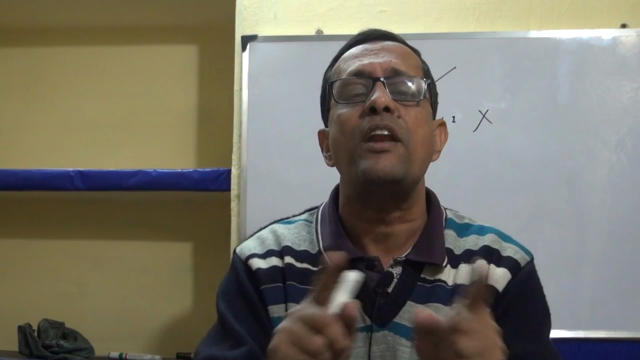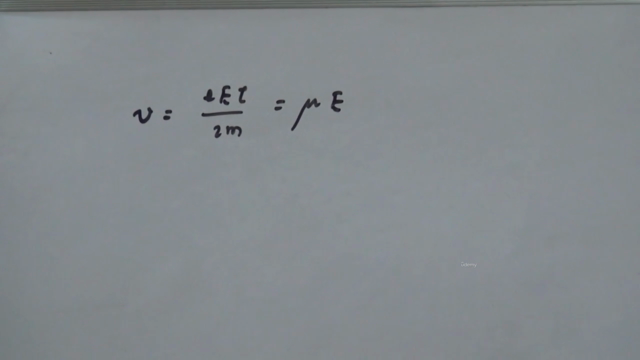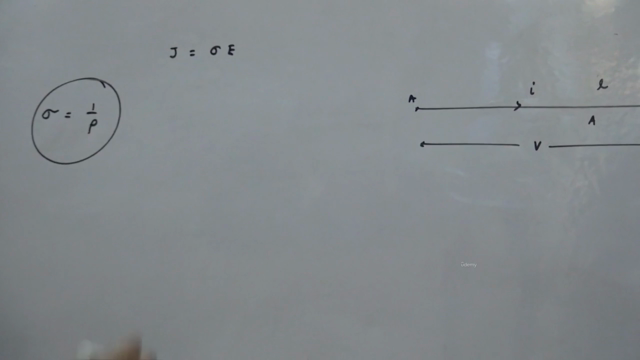Network Theorems in Current Electricity

Why take this course?
strenghthen-bold: "Mastering Network Theorems in Current Electricity" em: Electrical Conduction in Electrodynamics
Unlock the Secrets of Electrical Circuits!
Course Description
Dive into the fascinating world of electric currents and network theorems with our comprehensive online course, "Network Theorems in Current Electricity: Electrical Conduction in Electrodynamics." This course is designed to demystify the principles of electrical conduction and introduce you to the powerful network analysis tools that are essential for engineers and physicists alike.
Understanding Electrical Conduction
- 🧫 The Basics of Current Flow: Learn how quasi-free electrons in a conducting medium respond to an applied electric field, resulting in drift velocity—the fundamental concept behind electrical conduction.
- 📐 Resistance and Ohm's Law: Explore the relationship between voltage, current, and resistance as defined by Ohm's law and understand how it dictates the flow of charge in a medium.
- 🔋 Conductivity & Resistivity: Discover the intricate interplay between electrical conductivity and resistivity and how they are influenced by the carrier concentration gradient within the medium.
Essential Network Analysis Tools
- ⚛️ Kirchhoff's Laws: Apply Kirchhoff's Current and Voltage Laws to analyze current flow in complex electrical networks, ensuring compliance with conservation of charge and energy principles.
- 💡 Basic Network Theorems: Learn to apply pivotal theorems such as Maximum Power Transfer Theorem, Reciprocity Theorem, Superposition Theorem, and more to solve intricate network problems.
- ⚔️ Unbalanced Wheatstone Bridge Analysis: Enhance sensitivity analysis of an unbalanced Wheatstone bridge using Calendar's method, a technique that refines precision and accuracy.
Equivalent Circuits with Thevenin's & Norton's Theorems
- ⚡️ Thevenin's Theorem: Simplify any complex network to an equivalent voltage source and series resistance for easier analysis.
- 🔄 Norton's Theorem: Transform a complicated network into an equivalent current source and parallel resistance.
Practical Applications & Conversions
- 🅰️ Star-Delta Configuration: Master the conversion between star and delta configurations, understanding T and pi networks for both theoretical analysis and practical applications.
Why Take This Course?
This course is a must-take for:
- Students pursuing degrees in electrical engineering or related fields.
- Engineers aiming to deepen their knowledge of network analysis techniques.
- Individuals seeking to enhance their problem-solving skills in the realm of electrodynamics.
With a blend of theoretical knowledge and practical applications, this course will empower you with the tools necessary to tackle complex network problems with confidence. Enroll now and transform your understanding of electrical networks! ⚡️📚
Embark on your journey to mastering network analysis in electrodynamics with our expertly crafted online course. Whether you're a student, an engineer, or simply passionate about the field of electric currents, this course will provide you with the essential skills and knowledge to excel. Join us today and unlock the full potential of your problem-solving abilities in the world of electrical conductivity and network analysis! 🎉🤝
Course Gallery




Loading charts...